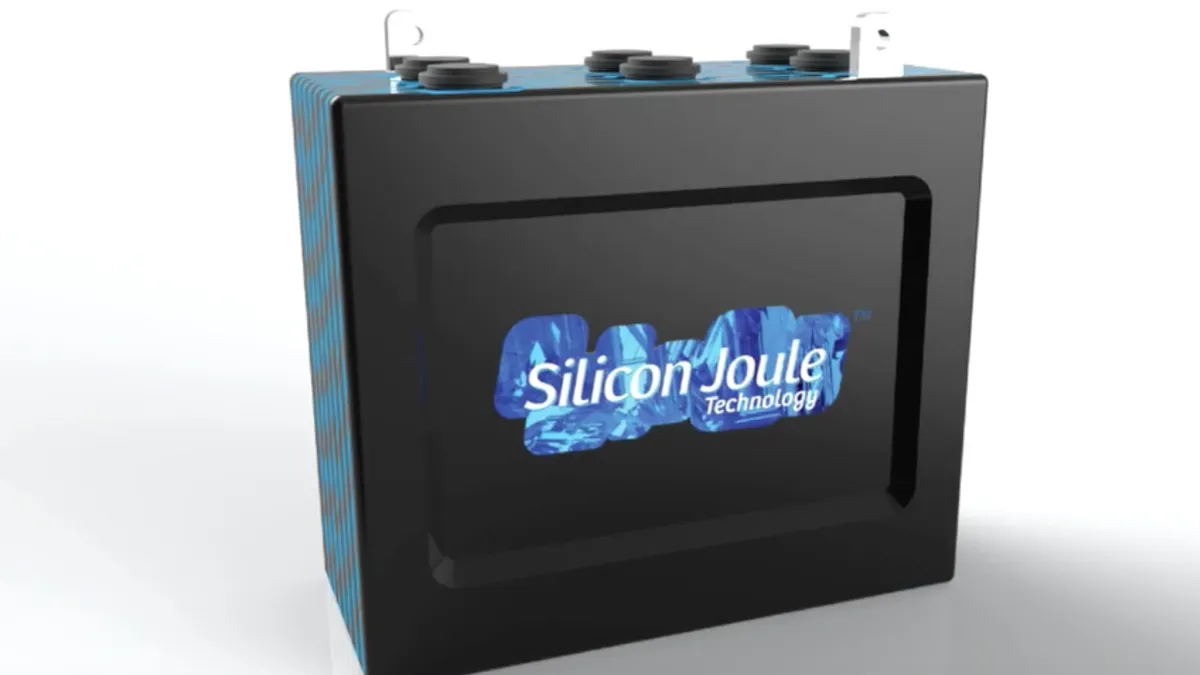Dive Brief:
- Gridtential, a startup battery developer based in California, has secured $6 million in funding from strategic investors for its work reimagining how lead-acid batteries can be made more energy dense.
- Investors include East Penn Manufacturing, the world’s largest single-site, lead-acid battery facility, and Leoch International, the largest lead acid battery exporter in China.
- While advances in lithium ion batteries are making headlines for fast cycle times needed for grid applications, Gridtential's work could help broaden the use case for lower-cost lead-acid systems.
Dive Insight:
Lead-acid batteries maintain some advantages over lithium ion, including cost and cycle life. But on whole, they are taking a backseat to a new generation of batteries. Tesla's Gigafactory, for instance, will produce 35 GWh/year of lithium-ion battery cells, for use in home storage systems, utility battery arrays and electric vehicles.
Gridtential's work could potentially wrest a bit of that momentum, however. The company says its "Silicon Joule" technology replaces the lead grid a traditional lead-acid battery with a plated silicon wafer similar to a solar cell. According to the company, the result is performance levels that match or exceed lithium-ion battery performance in some deep cycling applications, while also offering cost, safety and recycling advantages.
“Lead-acid batteries are the most cost-effective, safest form of energy storage — and they’re more recyclable than an aluminum can,” Hal Hawk, president and CEO of Crown Battery Manufacturing, said in a statement issued by Gridtential.The company's new technology could add five times the power density to a traditional battery, he said.
Crown, which develops deep-cycle applications, was a part of Gridential's new wave of funding. In addition to East Penn and Leoch, Power-Sonic, a global specialty battery distributor, was also involved. The funds will support scaling up manufacturing to deliver 12v to 48V batteries.
The company said in its news release that it is focused on applications "ranging from 48V automotive hybrid and grid storage to back-up power for cloud computing, material handling equipment and many others."
Gridtential said it believes just the 48V battery market for hybrid vehicles represents a $30 billion market opportunity worldwide.
Last year, Navigant Research noted that while lithium ion batteries continue to lead in utility-scale storage applications, advanced lead-acid batteries have the advantage in power-intensive applications. The battery market’s compound annual growth rate is forecast to be 35.8% between 2016 and 2025, while energy capacity is expected to grow from 1.4 GWh to 42.7 GWh in the same time frame.















